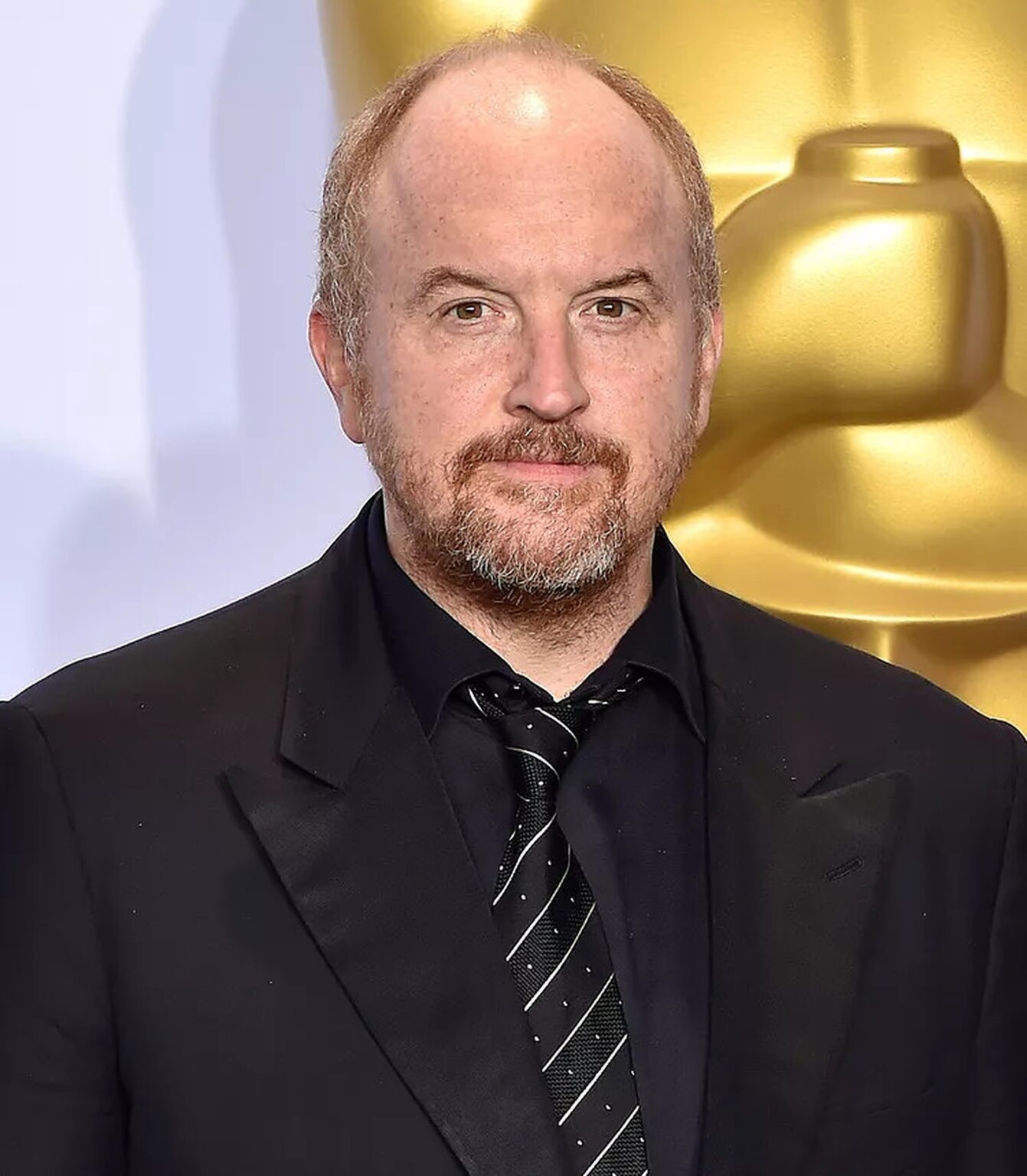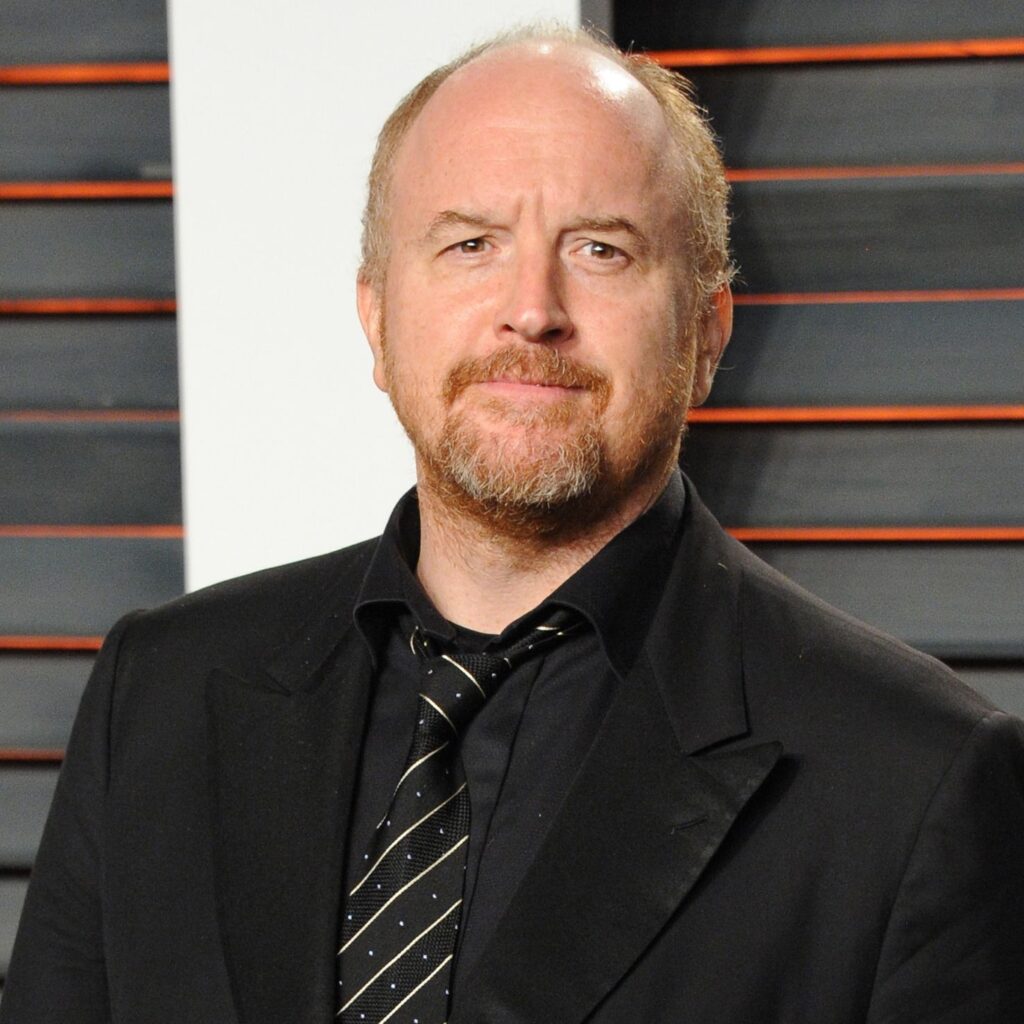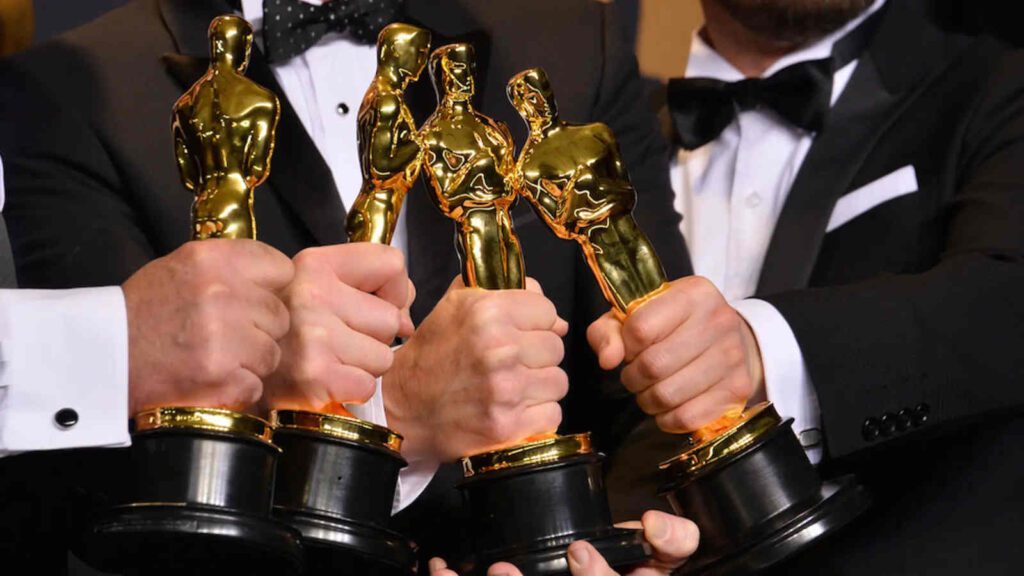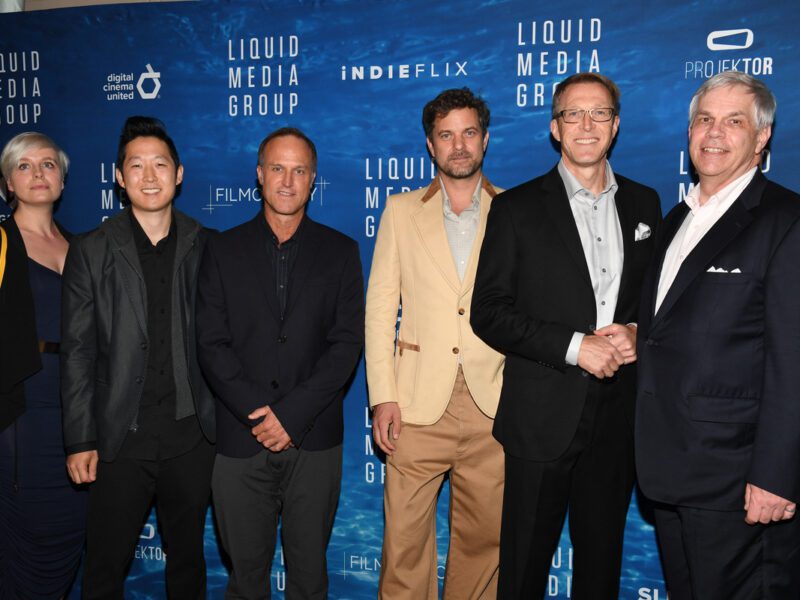
After all this time, a new doc shows that Louis C.K. isn’t really *sorry*
Have we been centering the wrong person in the ongoing discourse about Louis C.K.’s scandal and comeback? Documentary filmmakers Caroline Suh and Cara Mones are taking a firm stand, steering clear from the beaten path. The question of whether he is truly sorry is finally reaching the big screen.
The duo initiated an intense scrutiny of the sexual misconduct scandal that momentarily dimmed the spotlight on comedian Louis C.K. in 2017, amidst the fiery #MeToo movement. Their discovery? The discussions swirling around C.K.’s actions, cancellation, and booming return to the comedy world were fixated on the wrong individual.

A Fresh Perspective
Suh, once an avid fan of C.K., privately battled with the moral dilemma of whether the acclaimed comedian deserved the severe backlash following the allegations, as substantiated later by a New York Times report. However, the true turning point in the filmmakers’ journey was the poignant narratives of the women who courageously voiced their encounters with C.K., and the unforeseen impacts on their personal and professional lives.
Their innovative documentary, “Sorry/Not Sorry,” which recently debuted at the Toronto International Film Festival, uncovers this untouched aspect of the tale. By shifting the focus from C.K., the creators aim to redirect our empathy towards those who seemingly faded into the background amidst the chaos – the women who spoke up, whose narratives were brushed aside in the frantic rush of media frenzy.

Delving deeply into archival materials and engaging interviews with contemporaries and critics, the documentary offers a multidimensional view of the Louis C.K. the world once revered. It combines elements from the groundbreaking 2017 expose crafted by Melena Ryzik, Cara Buckley, and Jodi Kantor.
It also offers a rare glance at the behind-the-scenes dynamics, portraying varied reactions of public figures over the years, a feature that Mones describes as both “stunning” and “striking.”
But the heartbeat of “Sorry/Not Sorry” is the raw, unfiltered stories of women like artist and comedian Abby Schachner and TV writer Jen Kirkman, among others, who recount their unsettling experiences with C.K. Their revelations open up a dialogue about the often-unseen repercussions of coming forward, highlighting the private anxieties and career hurdles that followed their courageous act.

An Insightful Journey
As the filmmakers immersed themselves in the journey, a plethora of questions regarding the return of individuals post-cancellation surfaced, stirring a hotbed of discussions and self-realizations about their own perceptions and blind spots.
Suh and Mones, with different initial perspectives on C.K., united to explore the untold stories of these women, delving into the complexities of their experiences and reactions. Their concerns extend to the potential backlash these women might face once again with the release of the documentary, showcasing a thoughtful approach to their portrayal in the film.
Now, as “Sorry/Not Sorry” stands on the cusp of finding distribution after being dropped by Showtime in June, it threatens to be a mirror reflecting the evolving sentiments around the #MeToo movement and the accountability culture that has permeated society since 2017. Both Suh and Mones stand at this crossroads, apprehensive yet hopeful, for the change their documentary might inspire.
Through “Sorry/Not Sorry”, Suh and Mones aim to foster a broader, more nuanced discussion about the impacts of the scandal, encouraging individuals to rethink their stand and perhaps embark on a journey similar to theirs – one of understanding and empathy.

Pivotal Turning Point?
In a world where public opinion can be both a court and a jury, the documentary stands as a testament to the courage of those who chose to speak up, fostering a deeper understanding and perhaps rekindling empathy in society.
The “Sorry/Not Sorry” documentary might just be the catalyst that redefines public discourse, shifting it from scandal-centric to survivor-centric, thereby empowering individuals to navigate through their ‘blind spots’ and encouraging a community of understanding and support.
As we stand at the brink of potentially reshaping dialogues around scandals and the #MeToo movement, one can’t help but wonder – are we ready to shift our focus and truly listen?







